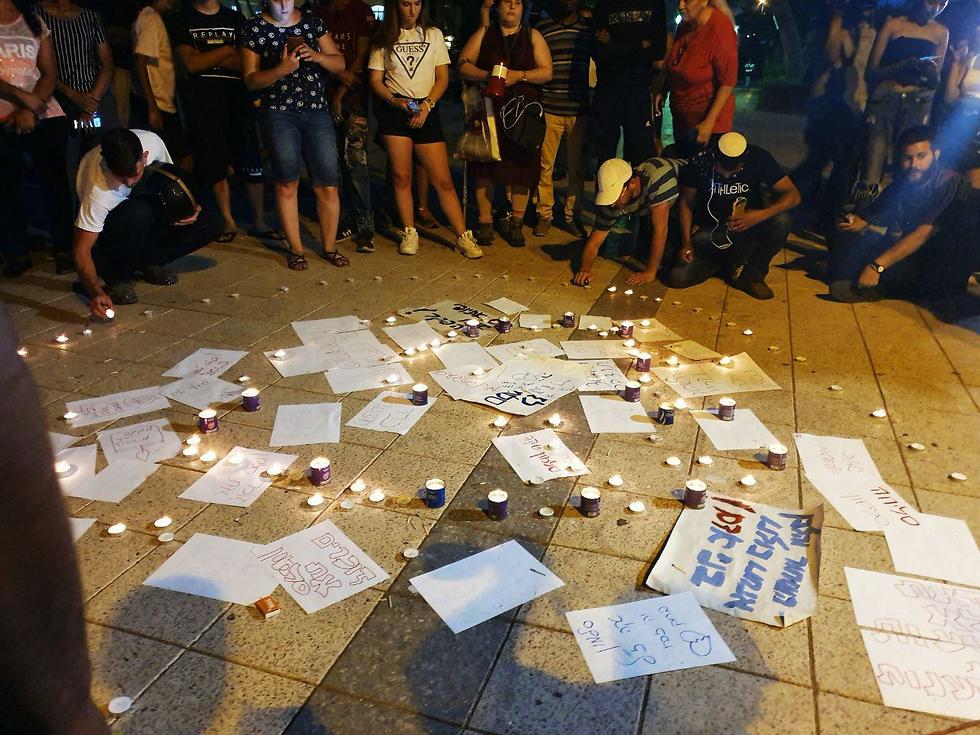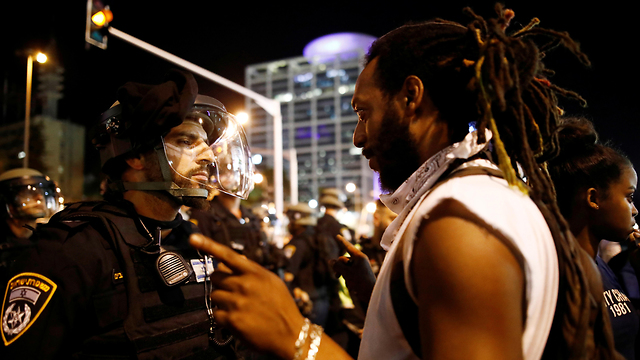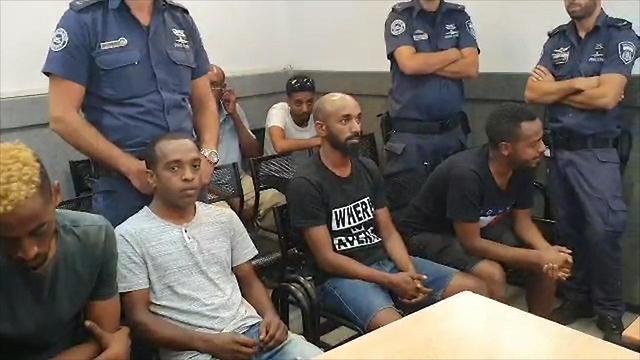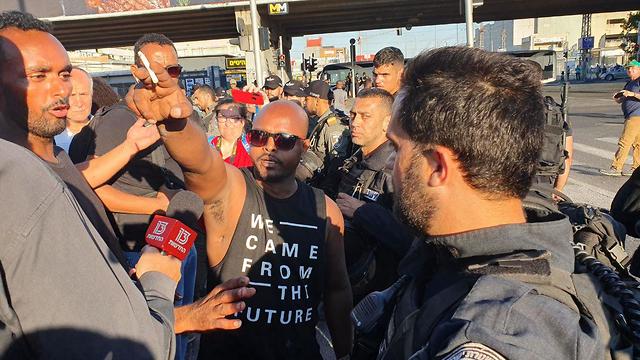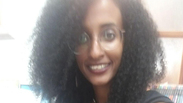

Silent protests get you nowhere in Israel
Opinion: We saw how the protests of the disabled community slipped from the public agenda the minute they stopped blocking main roads, how the quiet and well-behaved protests after the death of Yehuda Biadga got us nowhere; the young generation has learned that in order to make headlines - and a difference - they needed to be noisy, inflammatory, aggressive
The public response has been somewhere between backing the protests to impatience about the traffic the protests have caused. Like all of you, I saw a driver run over a protester. And I saw thousands of cars stuck in traffic on television.
But believe me, none of the protesters went out in the heat of July to sit on the burning asphalt for a laugh, let alone in order to confront fellow civilians. But like I said, this is an emergency. Our blood has been spilled.
Israel has taught us that silent protests get you nowhere. We saw how the protests of the disabled public slipped from the public agenda the minute they stopped blocking main roads, as did the quiet and well-behaved protests after the death of Yehuda Biadga, the 24-year-old man of Ethiopian origin who was shot to death by a policeman in January.
So, the young crowd learned that in order to make headlines - and a difference - they needed to be noisy, inflammatory, aggressive. For in Israel, power and might are what counts.
The protests that followed the death of Solomon Tekah, who died for nothing and no reason, embodies the struggle of the weak against power. In real life, despite the show portraying Israel as a highly developed start-up nation, there are Ethiopian parents who are afraid of spending their children to school, or just let them hang out with friends outside. Who knows how a meeting with the police could end up.
The recent protests are authentic and encompass years of repressed anger, of institutionalized oppression. This shouldn't be a niche protest, but one that pushes all of our society — policemen too — to say that enough is enough.
I'm happy that Israeli citizens who are not of Ethiopian descent have joined us and stood with us shoulder to shoulder in protest. They understand that the struggle for freedom and justice is not Ethiopian, but rather a joint effort to right historical wrongs.
The public is starting to understand, and a grand mutiny is underway against the mainstream perception.
Former police chief Roni Alsheikh once said that, "it's natural that they (Ethiopians) are suspected. When a cop meets a suspect (an Ethiopian), his mind is naturally more suspicious."
Solomon Tekah, 19, had dreams and aspirations, but he'll never live to make them happen, since Alsheikh's men won’t let such "suspects" enjoy a normal life. Or a long one.
But actually, all of us are natural suspects, whoever we are. The important thing to understand is that, the struggle against police brutality isn't an Ethiopian one. It won’t be stopped with some statement of support you chose to make.
Understand us, join us. The revolution is underway. It will be televised.
Ortal Mogas is an editor at Ynet














